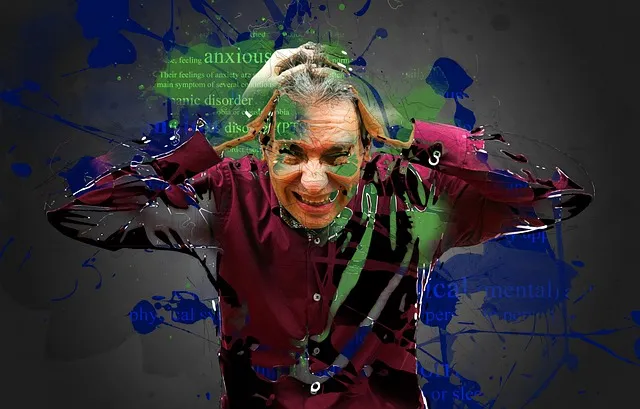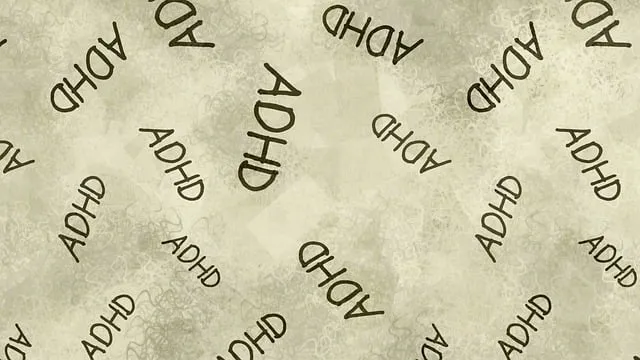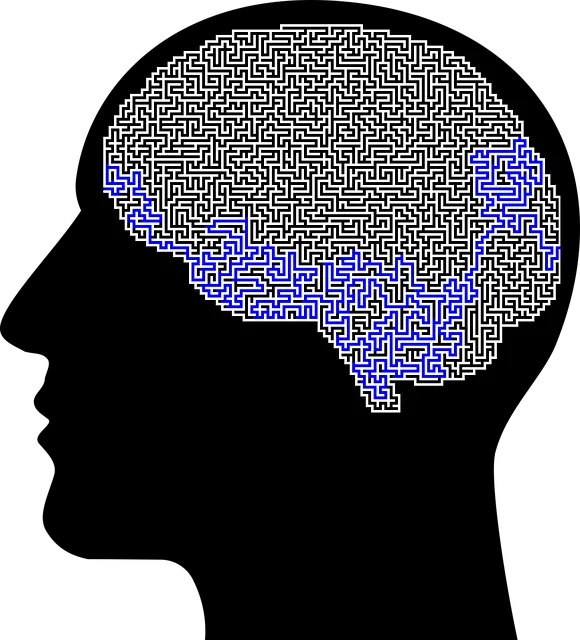Crisis intervention strategies, vital for immediate support during emotional distress or mental health crises, focus on safety, stability, and connection. Centennial Kaiser Permanente enhances these efforts with a dedicated 24/7 mental health hotline, offering professional guidance, mindfulness meditation techniques, and long-term well-being support. Effective communication, comprehensive assessments, stabilization techniques, and cultural sensitivity ensure tailored crisis intervention. After a crisis, ongoing support, self-care practices, therapy, and resources like the Mental Wellness Podcast Series help maintain mental wellness long-term, with Centennial Kaiser Permanente's mental health phone number serving as a key resource for immediate access to professional assistance.
“In times of crisis, effective intervention can make a world of difference. This article explores essential strategies for navigating acute distress situations, featuring insights from industry leaders like Centennial Kaiser Permanente’s Mental Health Service, known for its responsive hotline. We’ll delve into understanding crisis intervention, the power of communication, assessment techniques, and post-crisis support—essential tools for professionals and advocates. Discover how implementing these guidelines can foster healthier communities, with a special focus on the Centennial Kaiser Permanente mental health phone number as a key resource.”
- Understanding Crisis Intervention: A Critical Overview
- The Role of Hotlines: Centennial Kaiser Permanente's Mental Health Service
- Effective Communication Strategies for Crisis Situations
- Assessing and Stabilizing Individuals in Distress
- Post-Crisis Support and Prevention Techniques
Understanding Crisis Intervention: A Critical Overview

Crisis intervention strategies play a pivotal role in supporting individuals facing severe emotional distress or mental health crises. Understanding crisis intervention involves recognizing its significance as an immediate, short-term response to mitigate harm and stabilize individuals during their most vulnerable moments. It is a critical component of mental health care, often serving as the first point of contact for those in need.
The approach requires skilled professionals who can provide swift yet comprehensive support, focusing on safety, stability, and connection. At the core of crisis intervention is the goal to foster resilience building and emotional healing processes, ensuring individuals are guided towards long-term recovery and well-being. Organizations like Centennial Kaiser Permanente, with their dedicated mental health phone numbers, exemplify this by offering immediate assistance and connecting individuals to specialized care, contributing to a broader Mental Health Policy Analysis and Advocacy effort to improve crisis response systems.
The Role of Hotlines: Centennial Kaiser Permanente's Mental Health Service

At Centennial Kaiser Permanente, their Mental Health Service offers a dedicated hotline that plays a pivotal role in crisis intervention guidance. This 24/7 resource is designed to provide immediate support and assistance to individuals facing mental health crises. Trained professionals answer calls, offering not just emotional aid but also practical solutions and Crisis Intervention Guidance tailored to each person’s unique situation. The hotline equips callers with tools like mindfulness meditation techniques to help them manage stress and anxiety during challenging times.
Centennial Kaiser Permanente’s commitment extends beyond the initial interaction. They believe in fostering long-term well-being by providing not just conflict resolution techniques but also a listening ear and valuable insights. This holistic approach ensures that individuals not only navigate current crises but also develop strategies to prevent future ones, promoting overall mental health and resilience.
Effective Communication Strategies for Crisis Situations

In crisis situations, effective communication is paramount to providing adequate crisis intervention guidance. The first step involves actively listening to understand the individual’s needs and emotions. This can be achieved by using open-ended questions that encourage them to express their thoughts and feelings freely. At Centennial Kaiser Permanente, mental health professionals are trained to offer a safe space for individuals seeking support, allowing them to share details of their crisis without fear of judgment.
Additionally, teaching mindfulness meditation and self-care practices as part of the crisis intervention guidance can empower individuals to manage stress and emotional turmoil. These techniques promote calmness and clarity, enabling better decision-making during crises. The Centennial Kaiser Permanente mental health phone number serves as a vital resource, providing immediate access to professionals who can guide individuals through these practices and offer tailored support.
Assessing and Stabilizing Individuals in Distress

When individuals are in distress, a thorough assessment is crucial to understand their mental state and immediate needs. This involves actively listening to their concerns, observing their behavior, and gathering relevant information about their history, especially pre-existing conditions or recent stressors. The Centennial Kaiser Permanente mental health phone number serves as a vital resource for those seeking urgent support. Trained professionals can guide individuals through the initial crisis, providing coping strategies and ensuring safety.
Stabilization is a key step in crisis intervention, focusing on managing acute symptoms and mitigating risks. This may involve de-escalation techniques to calm the individual, ensuring their physical safety, and preventing self-harm or harm to others. Stress Management Workshops Organization offers valuable resources for both mental health professionals and individuals, promoting proactive stress reduction strategies. Additionally, Cultural Sensitivity in Mental Healthcare Practice is essential, as it enables professionals to offer tailored support, respecting diverse backgrounds and beliefs, which can significantly impact an individual’s response to crisis intervention.
Post-Crisis Support and Prevention Techniques

After a crisis passes, providing ongoing support and implementing prevention techniques are vital steps in the healing process. Individuals who have experienced a traumatic event often require long-term care to develop coping skills and maintain mental wellness. Organizations like Centennial Kaiser Permanente offer dedicated mental health phone numbers for easy access to professional assistance.
One effective strategy is encouraging individuals to engage in self-care practices tailored to their needs. This may include regular exercise, mindfulness techniques, and participation in a Mental Wellness Podcast Series Production, which can offer valuable insights and support from peers and experts. Additionally, promoting Coping Skills Development through therapy, support groups, or individual counseling can help individuals navigate future challenges more effectively.
Crisis intervention plays a vital role in supporting individuals during distressing situations. By understanding key strategies, such as effective communication, assessment, stabilization, and post-crisis support, we can create a safer, more supportive environment. Centennial Kaiser Permanente’s Mental Health Service, accessible via their dedicated phone number, serves as a crucial resource, providing guidance and assistance during critical times. Implementing these evidence-based practices ensures individuals receive the necessary help, fostering resilience and recovery in the aftermath of crisis events.






